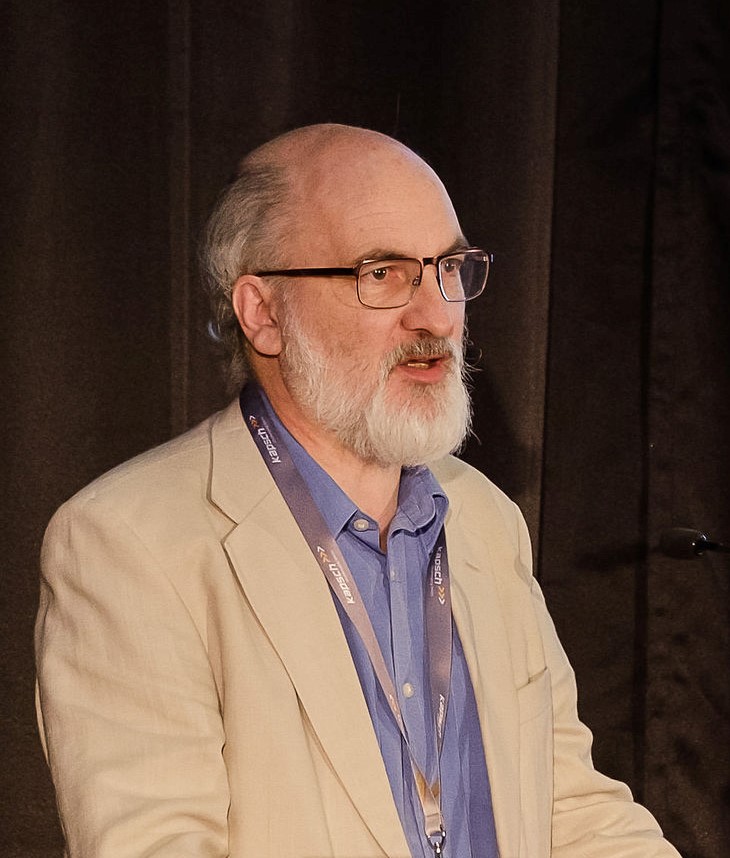

Getting value for money, positively impacting the transport network and achieving wider economic benefits examples of the job’s influence.
Join other savvy professionals just like you at CIHT. We are committed to fulfilling your professional development needs throughout your career
By John Challen
A key task for transport economists is to assess the value for money of projects and policies. “We work in a democracy, under which there are certain objectives we want to deliver, which might be growth, regeneration, or moving to net zero,” explains John Siraut (pictured), a freelance transport economist and formerly of Jacobs.
“Within those objectives there are a range of policy initiatives that set out the framework and from that come project options. The role of the transport economist is to say which of the various options you're putting forward, to achieve whatever objective you’re aiming for, gives you best value for money.”
“We provide strategic thinking, making sure a project is aimed at addressing key problems and outcomes as opposed to taking an engineering-led approach focusing on developing a specific solution,” adds Adriana Moreno Pelayo, Associate Director in Arup’s City Economics team.
Transport economists can add value by estimating the impacts of a scheme. “From the benefits side, this includes assessing direct user benefits such as journey time savings, non-user benefits such as environmental impacts but also the wider economic impacts of a scheme, such as employment and productivity impacts,” says Moreno Pelayo. “Interesting transport projects are increasingly being developed in the context of wider outcomes that are not just transport related.
“In London, for instance, the key schemes being put forward are being delivered, to a great extent, to unlock housing. This means that as economist we need to adapt our methods to make sure we capture these benefits.”
Siraut agrees with Moreno Pelayo on the need for financial decisions to be made by the right people on a project: “My view is that projects shouldn’t be engineering-led from the outset, because while engineers can build anything you ask them to, it might not be the right solution for the problem you’re trying to address. Instead, there should be clear policy objectives in place first, which then guide the engineering response.”

It is sometimes easy to lose sight of why a policy is being implemented or a project undertaken. Siraut points to a couple of London–centric initiatives that have achieved the pre-agreed outcomes.
“London's congestion charge has been one of the most effective tools and, despite it being highly controversial, it has achieved the outcomes it was meant to,” he says. “There has been a reduction in the amount of traffic coming into central London and road space has been reallocated to cycling and walking.”
Likewise, the Ultra Low Emission Zone had a similar impact. “You are putting in a policy to radically change air quality in the area, which has health implications. And again, we see a massive change in air quality in central London as a result of the zone,” Siraut says.
Looking at infrastructure, Siraut was involved on the Crossrail project (Elizabeth line on the London Underground), which he maintains had a huge impact on the local transport network.
“While it might have been delivered late and over budget, we came up with innovative funding schemes to pay for it. Businesses contributed to it and individuals in London did too – and it's been a massive success in terms of patronage. It has also supported lots of development, especially in West London and, to a lesser extent, in East London.”
Join other savvy professionals just like you at CIHT. We are committed to fulfilling your professional development needs throughout your career
{{item.AuthorName}} {{item.AuthorName}} says on {{item.DateFormattedString}}: